Removing restrictions on investment fields and minimum investment levels, raising the State capital ratio to higher than 50%, continuing to apply BT contracts... these regulations are expected to remove bottlenecks for PPP projects and free up resources.
Amending the PPP law: Removing the minimum capital limit regulation, continuing to apply BT contracts
Removing restrictions on investment fields and minimum investment levels, raising the State capital ratio to higher than 50%, continuing to apply BT contracts... these regulations are expected to remove bottlenecks for PPP projects and free up resources.
Proposing a series of policies to "untie" PPP projects
This morning (October 30), Minister of Planning and Investment Nguyen Chi Dung, authorized by the Prime Minister, presented the Proposal on the draft Law amending and supplementing a number of articles of the Law on Planning, the Law on Investment, the Law on Investment under the public-private partnership model and the Law on Bidding.
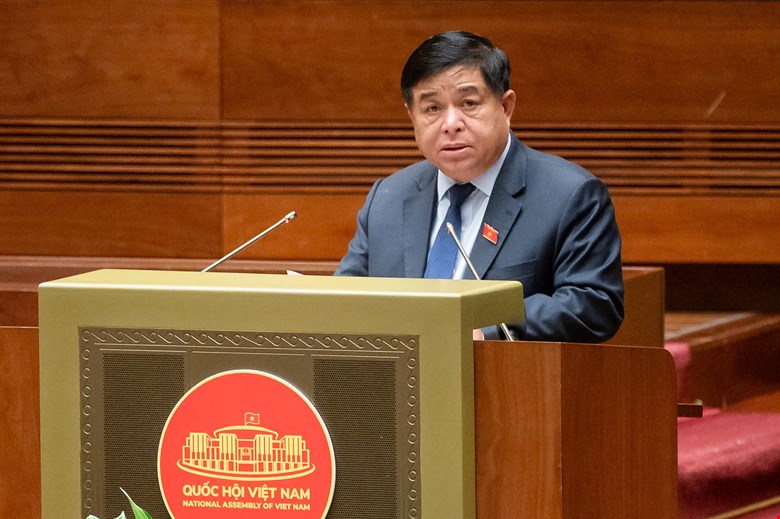 |
| Minister of Planning and Investment Nguyen Chi Dung |
In particular, regarding the Law on Investment under the public-private partnership (PPP) method, the Government has made a series of proposals to remove obstacles for PPP projects, in order to promote attracting investment capital.
The draft law has removed restrictions on investment fields under the PPP method and does not stipulate a minimum capital level for these projects to encourage the implementation of PPP projects in all fields in accordance with the needs and specific investment attraction conditions of each ministry, sector and locality.
According to the current PPP Law, only 5 sectors are eligible for investment under the PPP method. The minimum capital to implement projects in these sectors is 100 billion VND for healthcare and education-training projects and 200 billion VND for the remaining projects.
According to the Ministry of Planning and Investment, the implementation of the above regulations has revealed many shortcomings in the past. Specifically, some localities have the conditions to implement projects in the fields of culture, sports, market construction, etc., but they are not regulated in the Law. Some small-scale projects have the potential to attract investors but do not meet the minimum capital requirements to implement under the PPP method (for example, capital of 100 billion is too high for medical and education-training projects). Moreover, currently, some localities (such as Ho Chi Minh City, Da Nang) have been allowed by the National Assembly to pilot PPP projects in fields not yet regulated in the PPP Law. The Law on Capital, the Law on Water Resources, and the Law on Cultural Heritage also add other fields.
According to the review agency, expanding the PPP investment sector and lowering the minimum scale or abolishing the regulation on the minimum scale limit can contribute to creating conditions and increasing the participation of the private sector in performing the tasks of the State. However, the expansion of the scope of application in some localities in the pilot phase such as Hanoi, Ho Chi Minh City, Da Nang City has not been summarized and evaluated. Therefore, it is recommended to clarify the practical basis for this proposal.
In addition to removing restrictions on investment fields and minimum capital scale for PPP projects, the draft revised and supplemented PPP Law also proposes to consider applying a State capital ratio higher than 50% but not exceeding 70% of the total investment for projects with site clearance costs of more than 50% of the total investment; projects implemented in areas with difficult socio-economic conditions; and projects requiring the transfer of high technology.
At the same time, the draft law also adds provisions to simplify procedures and promote the decision-making on investment policies and project approval for localities. Regarding this issue, the appraisal agency - the Basic Economic Committee - agrees with the decentralization of authority to the grassroots appraisal council to appraise feasibility study reports for projects under the Prime Minister's authority to decide on investment policies, in order to create initiative for implementing agencies and speed up the progress of the project.
Reapply BT contract
A notable point of the revised and supplemented draft of the PPP Law this time is to continue applying the type of BT contract with payment in cash and payment in land funds in the direction of comprehensively innovating the implementation and payment methods for investors, overcoming as much as possible the shortcomings in the implementation of this type of contract.
The draft law adds a type of BT contract that does not require payment to apply to infrastructure works and public service provision projects that investors propose to invest in and construct and transfer to the State without requiring payment for construction investment costs.
The Ministry of Planning and Investment said that compared to public investment, investment under BT contracts has a number of advantages, such as: taking advantage of capital from the private sector; investors can proactively source capital, so they can speed up construction progress and soon put the project into operation and use.
Recently, based on the proposals of Hanoi, Ho Chi Minh City and Nghe An, the National Assembly has allowed these localities to apply BT contracts; some other localities continue to propose to pilot the application of this type of contract. Therefore, expanding the application is necessary to maximize the advantages of this type of contract.
However, to overcome the shortcomings of the previous BT contract, the Government requires comprehensive innovation in the implementation and payment methods for investors in the following direction: The total investment of the BT project must be accurately determined, avoiding inflated project value; Organizing bidding to select investors; The payment mechanism for investors (in land, in cash) must be specifically, clearly and transparently determined right from the project establishment stage; The contract management mechanism must be strictly ensured, avoiding late payment interest leading to an increase in the total investment; ensuring the quality of the project after the investor transfers it to the state.
Regarding this content, the appraisal agency proposed that, in order to ensure the feasibility of the regulations on BT contracts, it is recommended to stipulate in the direction of assigning the Government to provide detailed instructions on the mechanism, order and procedures of BT contracts according to the principle of comprehensively innovating the implementation and payment methods for investors, overcoming as much as possible the shortcomings and limitations in implementation, promoting the advantages of BT contracts, and preventing loss, waste and negativity.
160 BT projects are stuck: Need a separate Resolution of the National Assembly to resolve
Regarding the handling of problems with transitional BOT and BT projects, the draft law allows the application of the PPP Law in cases where contracts are signed before the PPP Law takes effect and there are no regulations governing issues arising during project implementation.
For BT project contracts with contents that are not in accordance with legal regulations at the time of signing, the Government has proposed a handling mechanism in Submission No. 513/TTr-CP. However, this is a complicated matter that needs to be reviewed and evaluated more carefully. Therefore, the Government has reported to the competent authority in the direction of studying and drafting a National Assembly Resolution to remove obstacles for these projects.
According to the Ministry of Planning and Investment, there are currently a large number of resources remaining in transitional BT projects. According to the review by the Ministry of Planning and Investment, there are currently about 160 transitional BT projects, with a total investment of about VND59 trillion; the corresponding land fund is about 20,000 hectares.
Without solutions to resolve problems and clarify the legal basis for these projects to continue, it is impossible to unblock and release the backlog of resources.
For BT project contracts with contents that are not in accordance with legal regulations at the time of signing, the Government has proposed a handling mechanism in Submission No. 513/TTr-CP. However, this is a complicated matter that needs to be further reviewed, evaluated, and classified for specific problems for each transitional BT project, and the level of violation determined in order to have a handling plan in accordance with legal regulations, avoiding legalizing violations.
With this content, the appraisal agency requested the Government to clarify the current projects facing difficulties that need to amend and supplement contracts to clarify the necessity of this policy.
Source: https://baodautu.vn/sua-luat-ppp-bo-quy-dinh-han-muc-von-toi-thieu-tiep-tuc-ap-dung-hop-dong-bt-d228695.html


![[Photo] Prime Minister Pham Minh Chinh receives delegation from the US-China Economic and Security Review Commission of the US Congress](https://vphoto.vietnam.vn/thumb/1200x675/vietnam/resource/IMAGE/2025/5/7/ff6eff0ccbbd4b1796724cb05110feb0)





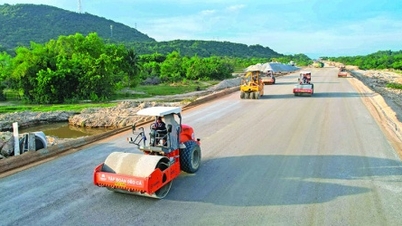
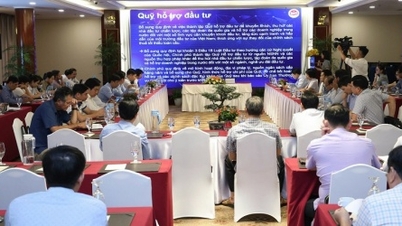


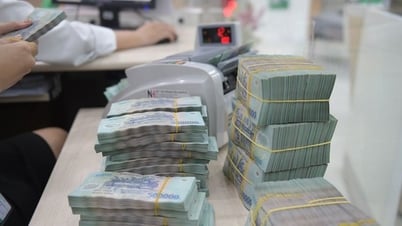

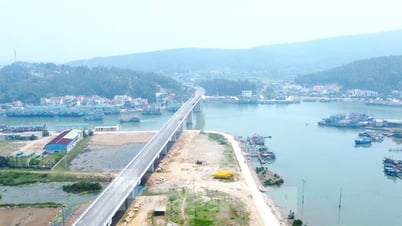










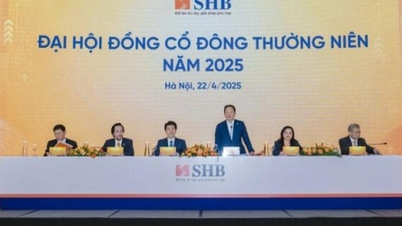
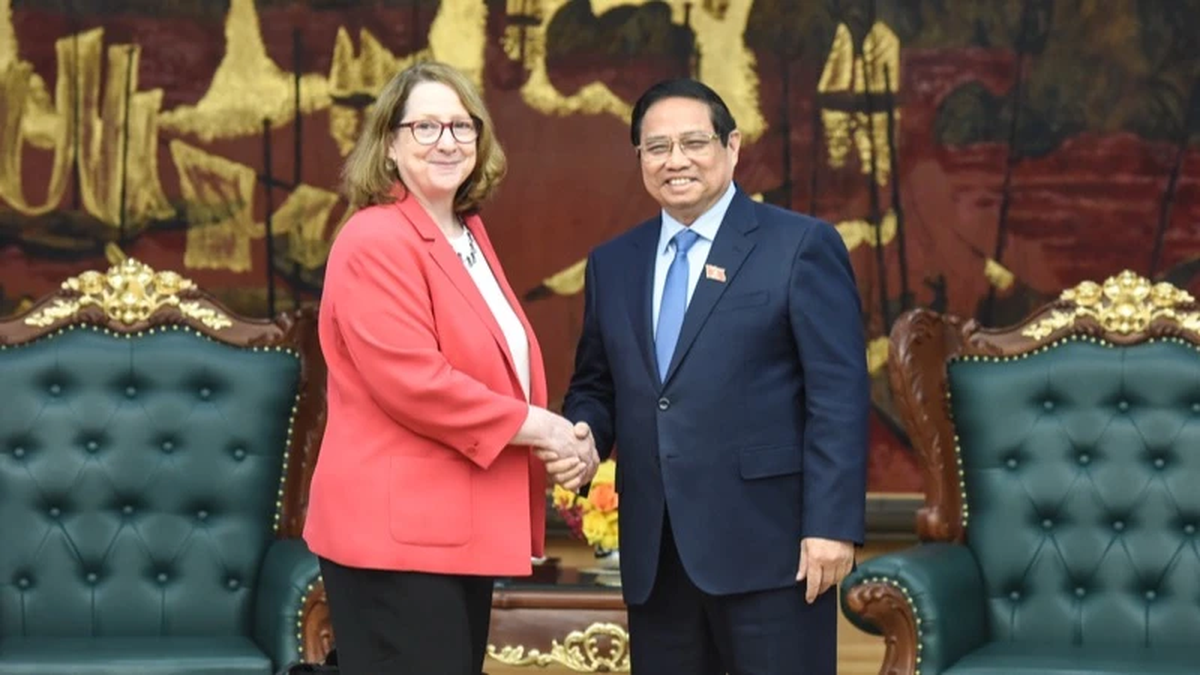





















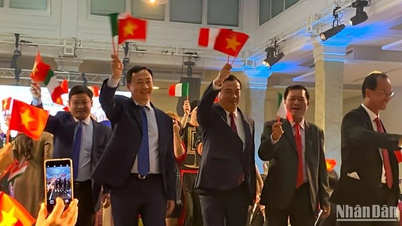








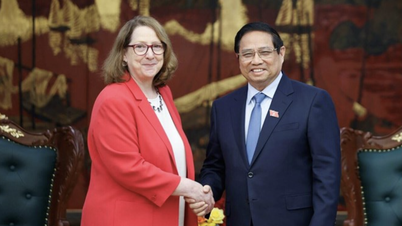


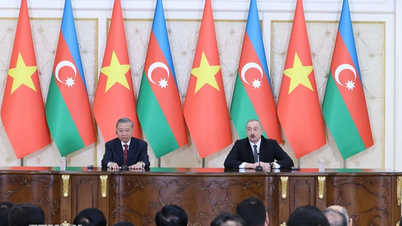
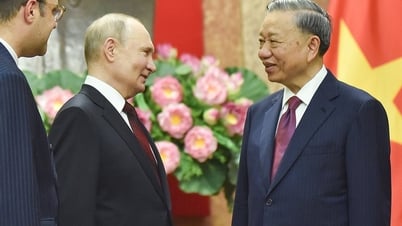








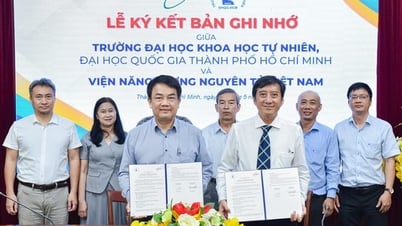



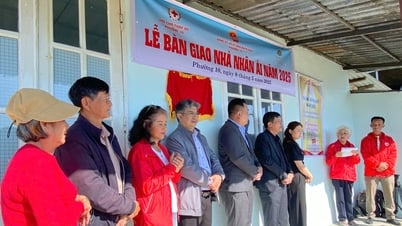


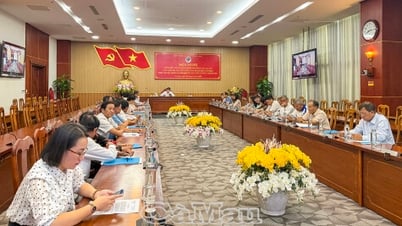

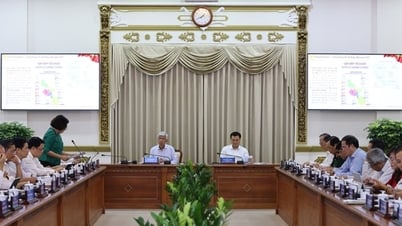













Comment (0)